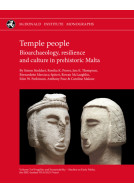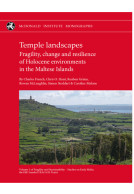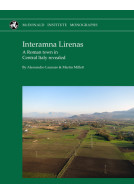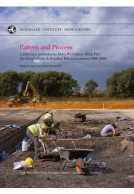Why cultivate? Anthropological and Archaeological Approaches to Foraging-Farming Transitions in Southeast Asia (Hardback)
Imprint: McDonald Institute for Archaeological Research
Pages: 142
ISBN: 9781902937588
Published: 25th May 2011
Script Academic
Pages: 142
ISBN: 9781902937588
Published: 25th May 2011
Script Academic
You'll be £12.95 closer to your next £10.00 credit when you purchase Why cultivate? Anthropological and Archaeological Approaches to Foraging-Farming Transitions in Southeast Asia. What's this?
+£4.99 UK Delivery or free UK delivery if order is over £40
(click here for international delivery rates)
Order within the next 4 hours, 20 minutes to get your order processed the next working day!
Need a currency converter? Check XE.com for live rates
(click here for international delivery rates)
Order within the next 4 hours, 20 minutes to get your order processed the next working day!
Need a currency converter? Check XE.com for live rates
Does it make sense to understand the prehistory, history and present-day patterns of life in Southeast Asia in terms of a distinction between two ways of life: "farming" and "foraging"? This is the central question addressed by the anthropologists and archaeologists contributing to this volume. Inherent within the question "Why Cultivate?" are people's relationships with the physical world: are they primarily to do with subsistence and economics or with social and/or cultural forces? The answers given by the contributors are complex. On a practical level they argue that there is a continuum rather than a sharp break between different levels of management of the environment, but rice-growing usually represents a profound break in people's relations to their cultural and symbolic landscapes. An associated point made by the archaeologists is that the "deep histories" of foraging-farming lifeways that are emerging in this region sit uncomfortably with the theory that foraging was replaced by farming in the mid Holocene as a result of a migration of Austronesian-speaking Neolithic farmers from southern China and Taiwan.
Other titles in McDonald Institute for Archaeological Research...















